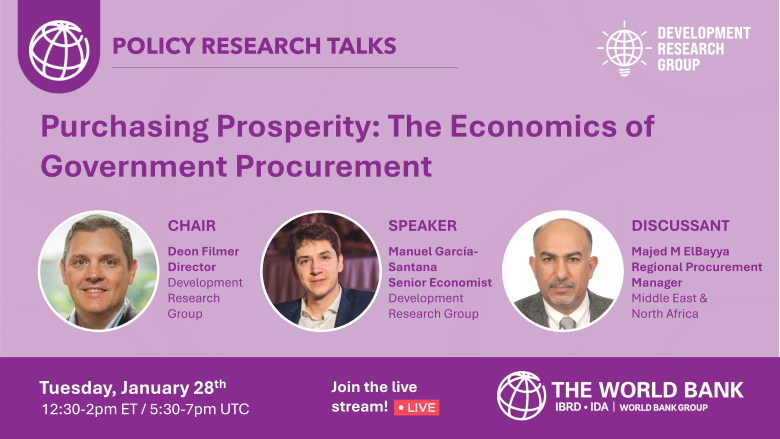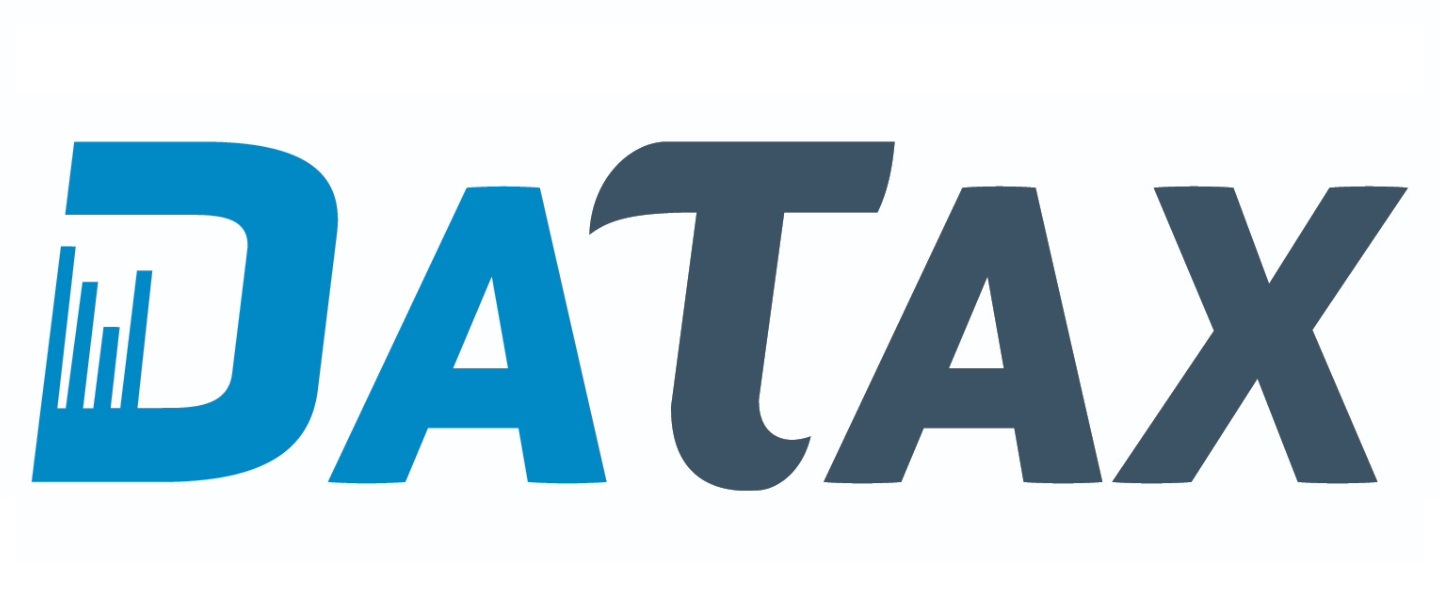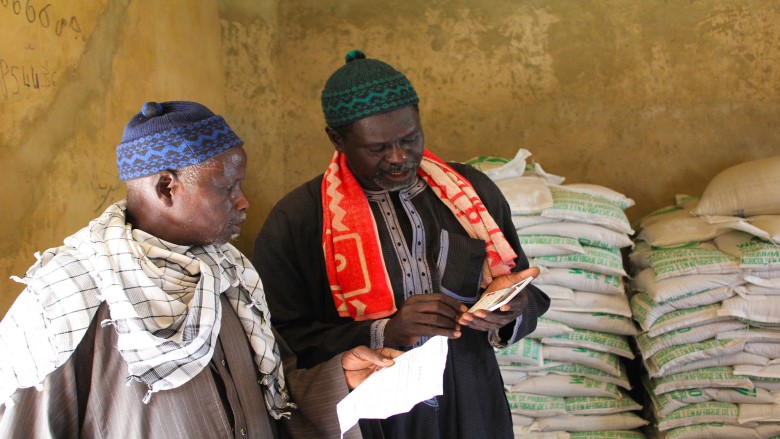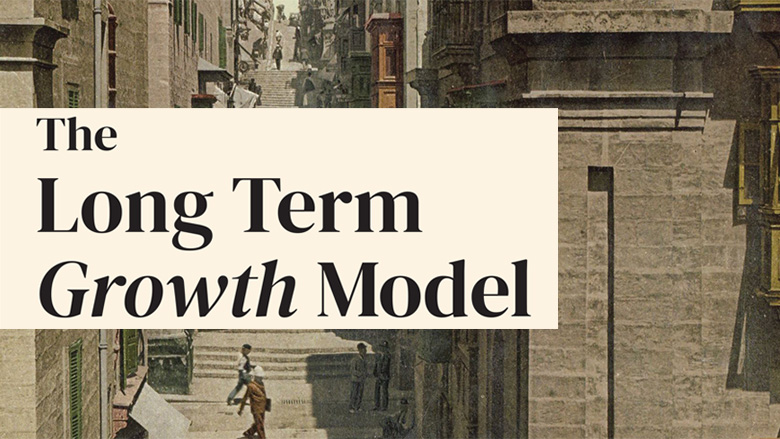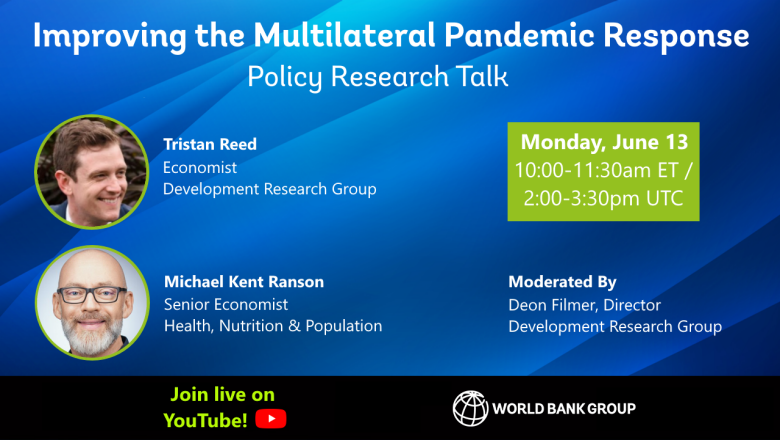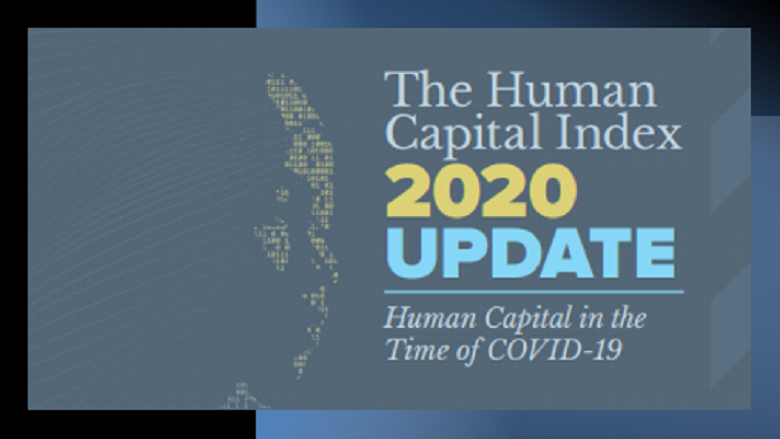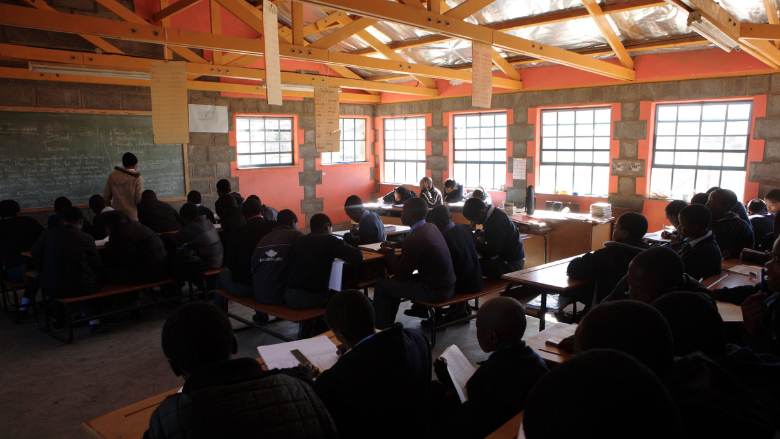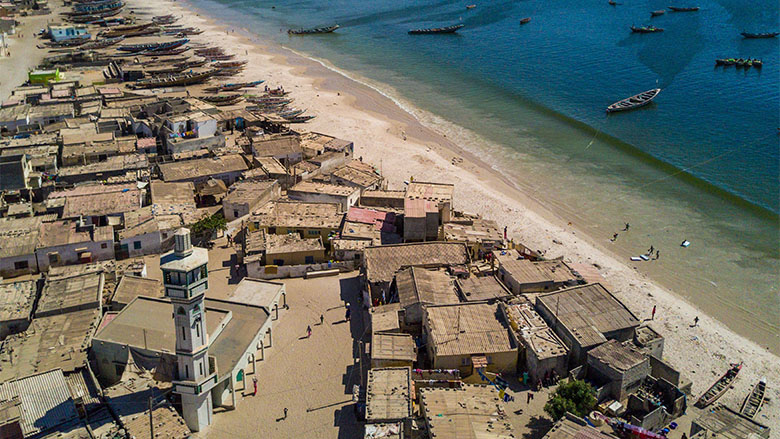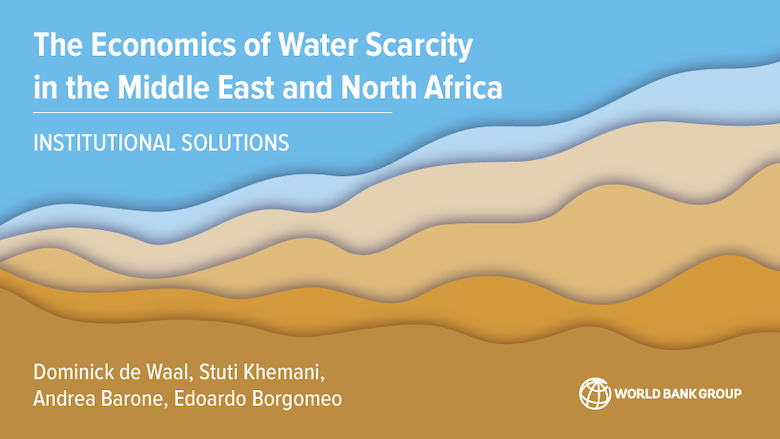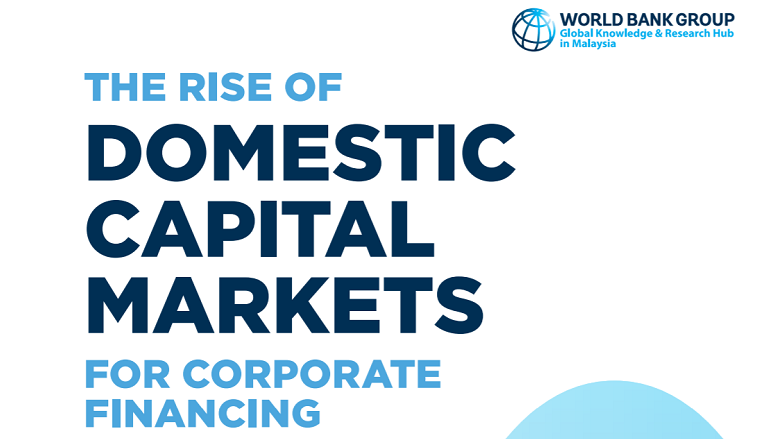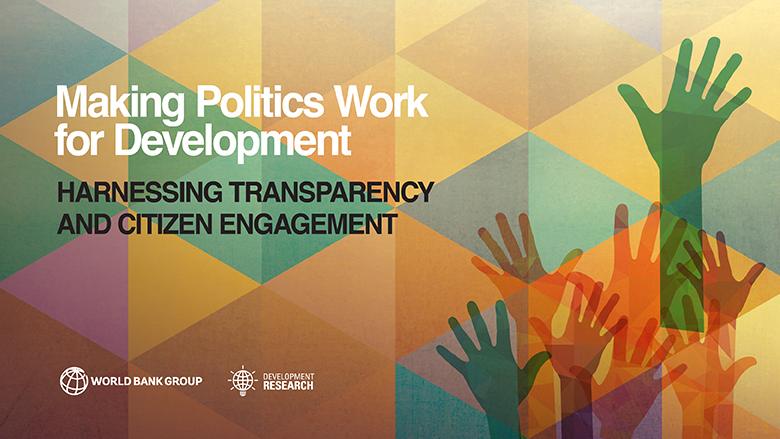One rule doesn’t fit all: Rethinking fiscal policy for commodity-exporting developing economies
Arthur Mendes and Steven Pennings | Let's Talk Development | April 24, 2025
Is there a way to do industrial policy without strong institutions?
Tristan Reed | Let's Talk Development | February 04, 2025
Who owns, who pays? New insights on property ownership and tax compliance among men and women
Jose Carlo Bermúdez, Guillermo Cruces, Tatiana Flores, Juan Luis Schiavoni, Thiago Scot, Dario Tortarolo | Let's Talk Development | February 27, 2025
Is there a way to do industrial policy without strong institutions?
Tristan Reed | Let's Talk Development | February 4, 2025
DaTax: Unveiling economic insights through tax data
Anne Brockmeyer, Dario Tortarolo, Thiago Scot, Mahvish Shaukat | Data Blog | October 15, 2024
The importance of financial misallocation for aggregate productivity
Ana Paula Cusolito, Roberto N. Fattal Jaef, Davide S. Mare, Akshat Singh | Let's Talk Development | November 25, 2024
DaTax: Unveiling economic insights through tax data
Anne Brockmeyer, Dario Tortarolo, Thiago Scot, Mahvish Shaukat | Data Blog | October 15, 2024
What's gender got to do with taxes?
Hitomi Komatsu, Ceren Ozer, Mahvish Shaukat | Let's Talk Development | August 06, 2024
The import channel of the resource curse
Rabah Arezki, Ana Fernandes, Federico Merchan Alvarez, Ha Nguyen, Tristan Reed | Let's Talk Development | July 23, 2024
Understanding the global impact of the COVID-19 pandemic on well-being
Benoît Decerf, Jed Friedman, Arthur Mendes, Steven Pennings, Nishant Yonzan | Let's Talk Development | June 26, 2024
In many countries, taxes and transfers make the poor poorer, it doesn’t have to be this way
Pierre Bachas, Ruth Hill, Mariano Ernesto Sosa, Matthew Wai-Poi | Let's Talk Development | May 4, 2023
The growth of the South in global finance: New bilateral data and stylised facts
Fernando Broner, Sergio L. Schmukler, Goetz von Peter | VoxEU Column | March 28, 2024
Macro-industrial policy: Is the public procurement system an effective policy tool?
Manuel García-Santana | Let's Talk Development | March 12, 2024
How the Federal Economic Competition Commission fights for workers and consumers in Mexico
Tristan Reed, Rafael Munoz Moreno | Latin America and Caribbean | February 23, 2024
Productivity as a guide for industrial policies
Tristan Reed | Let's Talk Development | Feburary 14, 2024
Internationalising China’s equity markets: The role of domestic and foreign investors
Juan J. Cortina, Maria Soledad Martínez Pería, Sergio L. Schmukler, Jasmine Xiao | CEPR | July 23, 2023
In many countries, taxes and transfers make the poor poorer, it doesn’t have to be this way
Pierre Bachas, Ruth Hill, Mariano Ernesto Sosa, Matthew Wai-Poi | Let’s Talk Development | May 4, 2023
How do corporate tax burdens vary with firm size? And why that matters?
Pierre Bachas, Anne Brockmeyer, Roel Dom, Camille Semelet | Let’s Talk Development | April 12, 2023
How the Federal Economic Competition Commission fights for workers and consumers in Mexico
Tristan Reed, Rafael Munoz Moreno| Latin America and Caribbean | February 23, 2023
Missing Middle or too much Informality?
Kaleb Abreha, Xavier Cirera, Elwyn Davies, Roberto N. Fattal Jaef, Hibret Maemir| Let's Talk Development | January 12, 2023
Fewer barriers to labor movement – a recipe for industrialization and growth in Central America?
Rishabh Sinha | Let's Talk Development | November 08, 2022
Can fiscal policy reduce inequality in a globalized world?
Pierre Bachas, Chiara Bronchi, Thiago Scot, Claudia Vargas| Let's Talk Development | October 18, 2022
Why is the price of cement so high in Africa?
Tristan Reed | Let's Talk Development | June 16, 2022
Using Randomized Experiments to Learn About Market Competition
Tristan Reed | Development Impact | May 30, 2022
How much would GDP per capita increase if gender employment gaps were closed in developing countries?
Steven Pennings | Let's Talk Development | March 4, 2022
A new dataset to measure the effective taxation of capital and labor globally since the 1960s
Pierre Bachas, Matthew Fisher-Post, Anders Jensen, Gabriel Zucman | Let's Talk Development | March 24, 2022
Feasible actions to expand COVID-19 vaccine supply before the end of 2021
Mamta Murthi, Tristan Reed |Investing in Health | September 24, 2021
Corporate borrowing during crises: Switches in global markets
Juan Jose Cortina Lorente, Tatiana Didier, Sergio Schmukler | VoxEU | June 18, 2021
We got bunching, now what?
Pierre Bachas, Florence Kondylis, John Loeser | Development Impact | April 4, 2021
Targeting Tax Enforcement Efforts on Larger Firms: A Necessary Distortion?
Pierre Bachas, Research & Policy Brief 45, April 2, 2021


